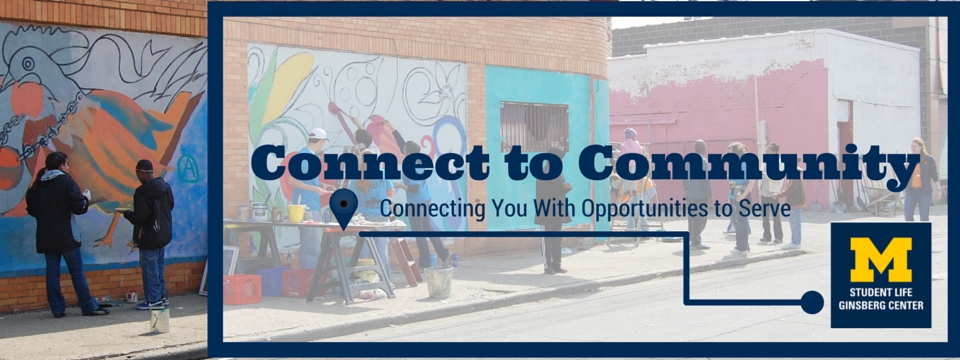Coast Guard search and rescue operations locate people in danger and return them to safety. The Coast Guard is the lead federal agency for search and rescue response over water; it needs auxiliary volunteers to supplement its operations. The Coast Guard responds to about 20,000 search and rescue cases each year, saving 3,500 lives using assets that include 2 air stations and 13 small boat stations in Michigan. As a search and rescue volunteer, you train and patrol on boats and/or you staff a communications center or rescue coordination center to prepare for and organize emergency response. You will learn about boat handling, rescue, marine survival, navigation, towing, radio communications, and to plan and execute search patterns. Most activities are not on-call and have a predictable schedule. Training is provided on campus at the University of Michigan; travel to a boat or station is also required, but can be coordinated with other volunteers.




Benefits This opportunity provides professional training relevant to maritime careers and/or boating, and will provide a boating license (in Michigan, called a boater education card). Working at a federal agency can be helpful for future government careers. You can achieve certifications in many areas, including leadership, that can be used on your resume. Successful participants are eligible for internships that offer course credit. You will receive insurance coverage and liability protection while volunteering. You will receive base exchange shopping privileges in Detroit and online. Training will be provided at no cost. Qualifications No prior experience is necessary. The Coast Guard Auxiliary is a uniformed service – you must be willing to acquire and wear a uniform in a professional manner. As many tasks are available, your physical ability usually does not limit participation. If you incur expenses to volunteer (such as travel, uniforms, or meals if necessary) these are not usually reimbursed by the Coast Guard. US citizenship is required. Timing Your hours and locations are varied and can be flexible, except for check-in/training meetings usually held Wednesdays at 7pm (these meetings can be done via Zoom). It is not necessary to serve on a boat; this job includes important work in a variety of settings. However, if you choose to participate in boating this typically requires one weekend (usually in June) of additional training per year. Office and communication center positions are more flexible. Process Due to the training provided, this is a long-term opportunity. Initial training generally takes at least six months and includes a background check. If you express an interest you will be invited to visit a meeting as a guest and to discuss your interests and availability. Note: This is a volunteer service opportunity, not an ROTC program. There is no legal service obligation. No college scholarships are available. The Coast Guard Auxiliary does not perform military or law enforcement missions.


